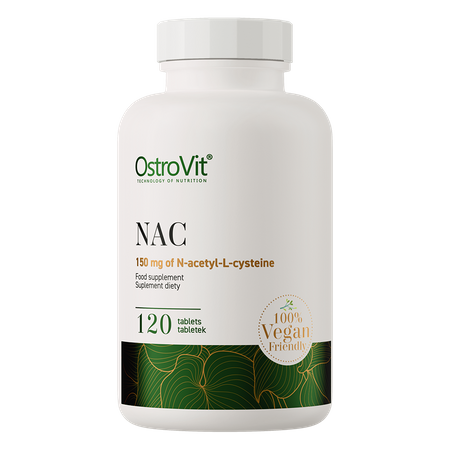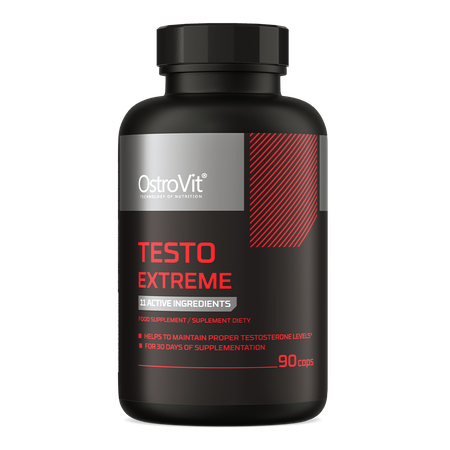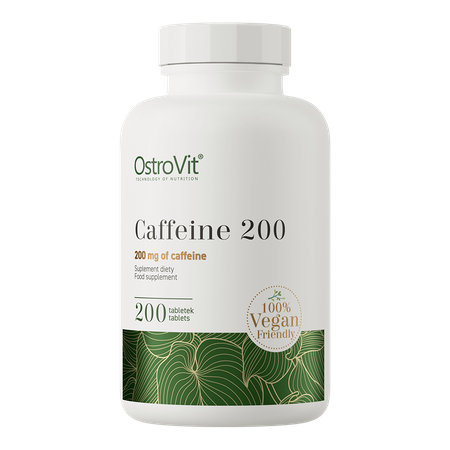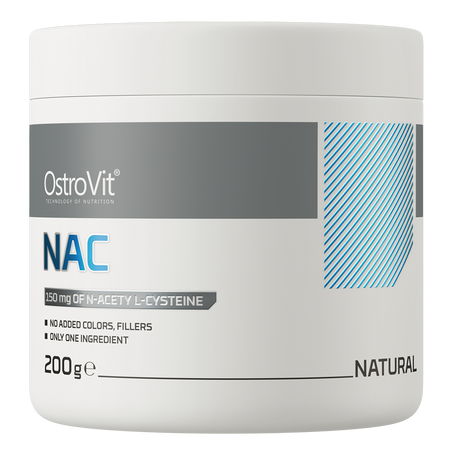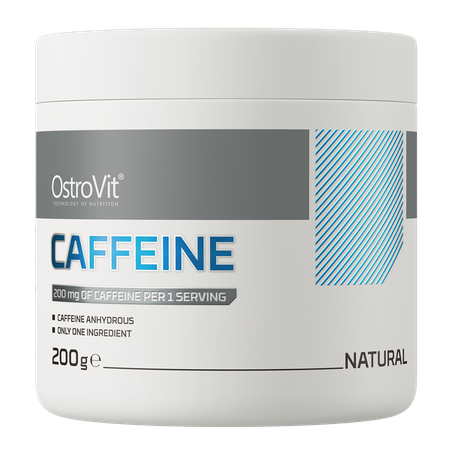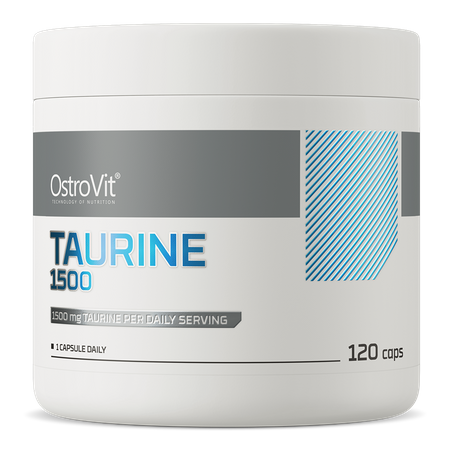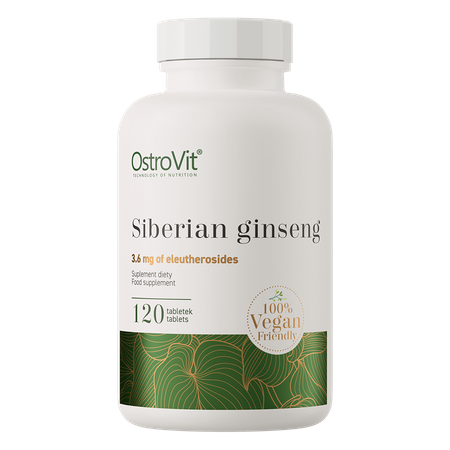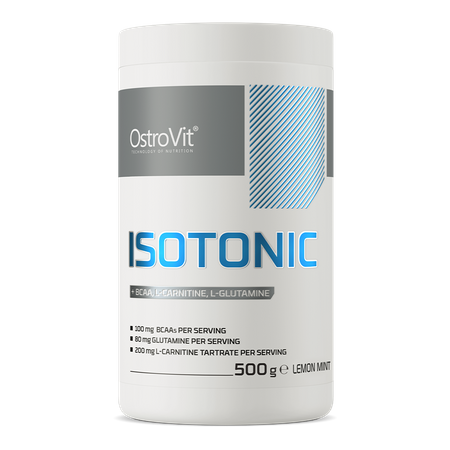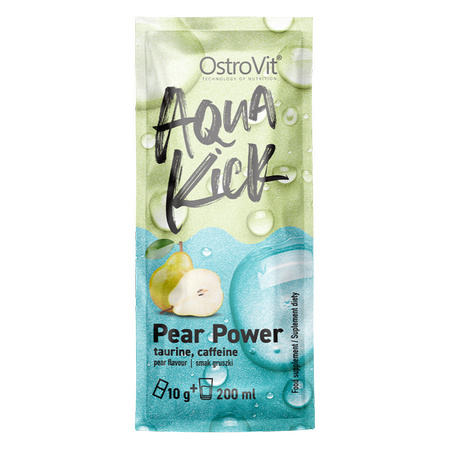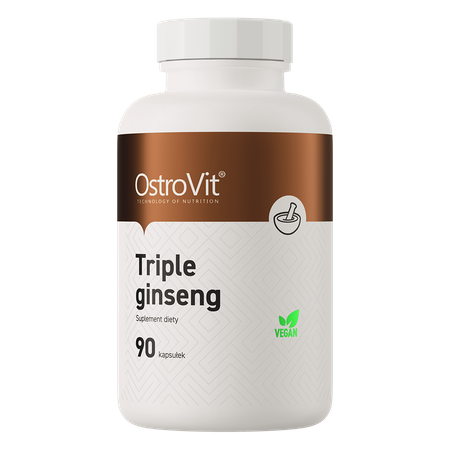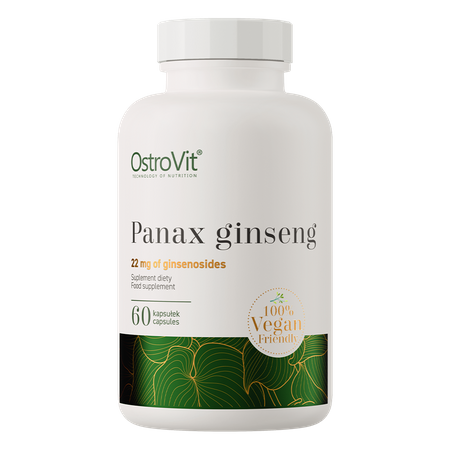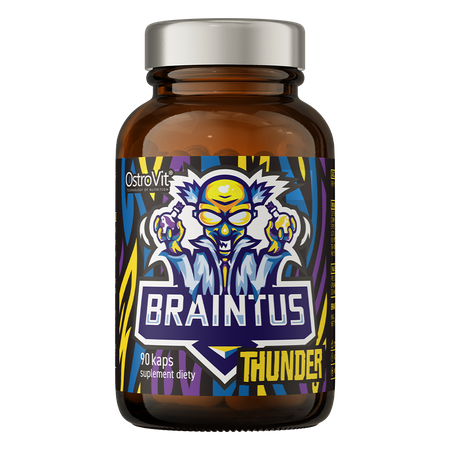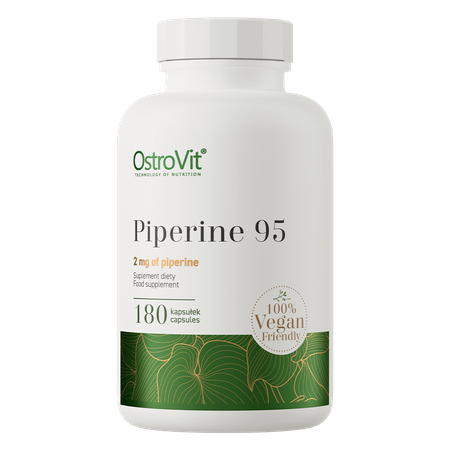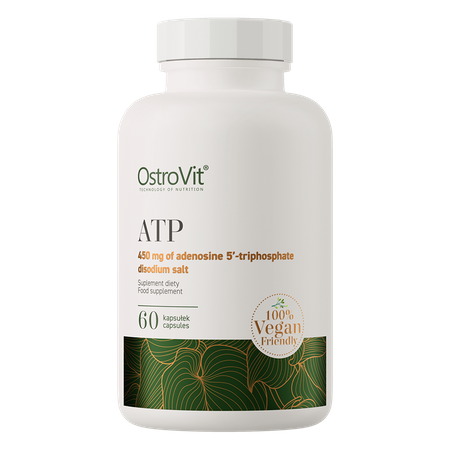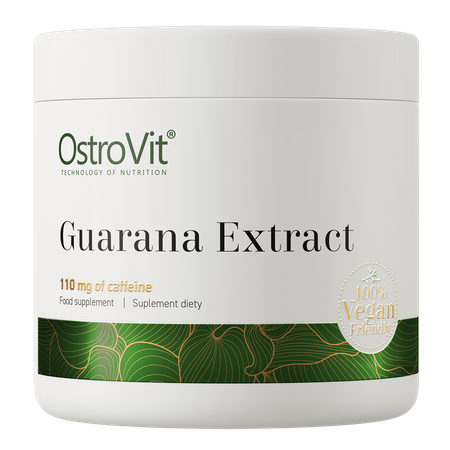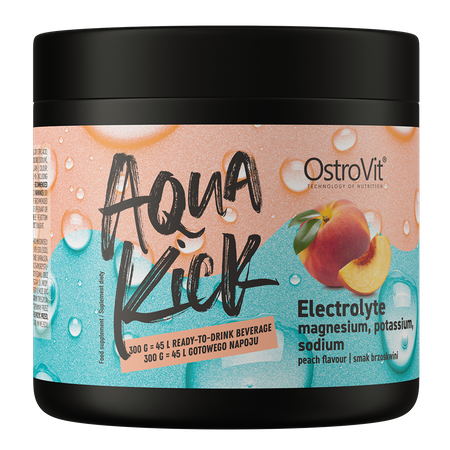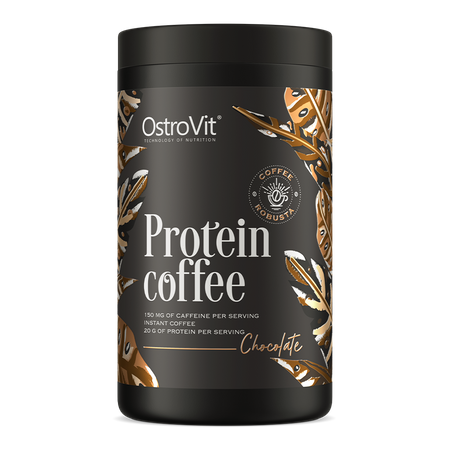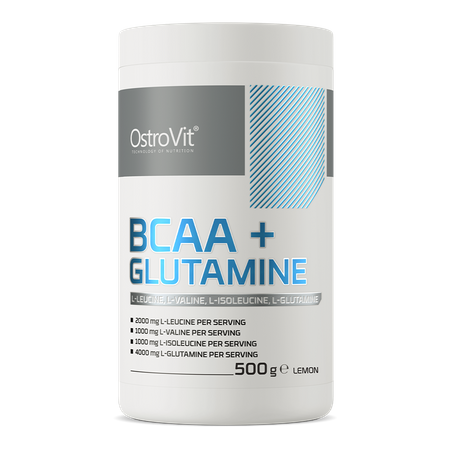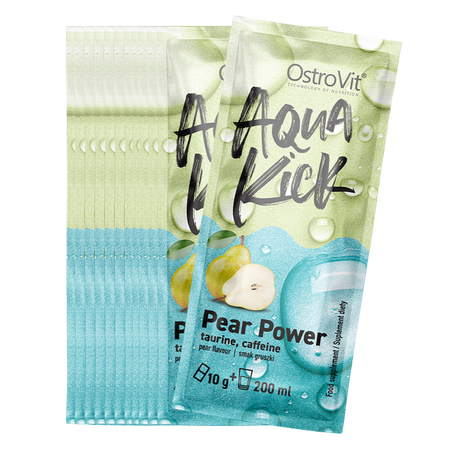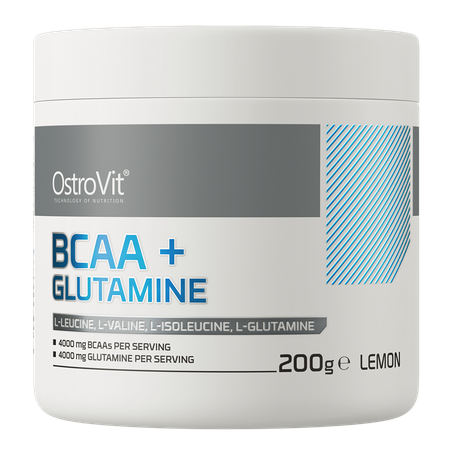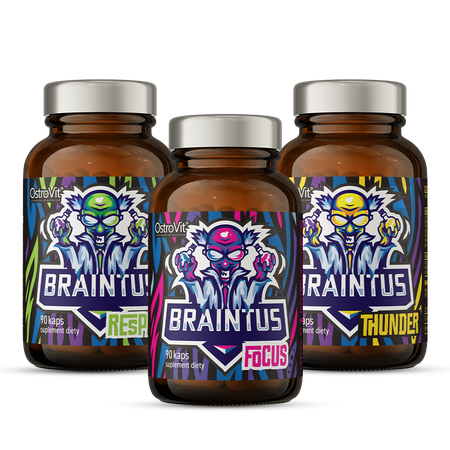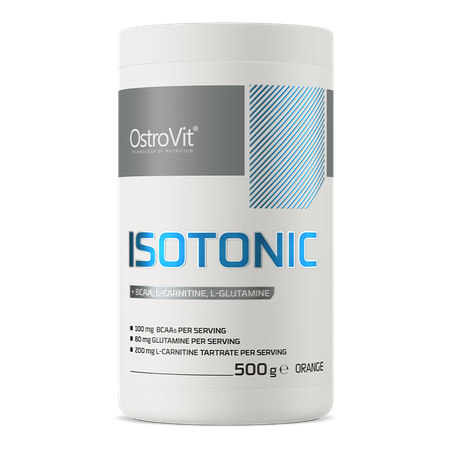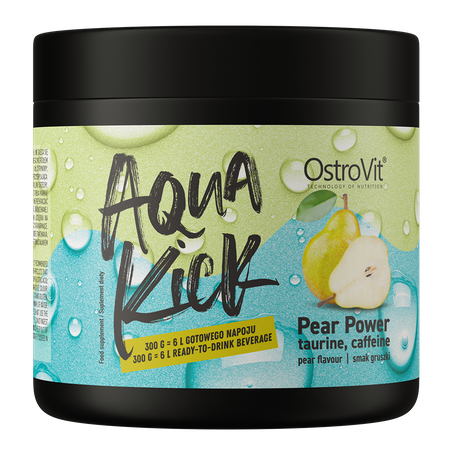Energy
Energy is essential for life and activity. It is also the basis of well-being. Thanks to it, we have the opportunity to practice sports activities, as well as normal functioning in society.
The main source of energy is food. However, is it enough to enjoy full vitality?
Where does energy come from?
Energy is created by the breakdown of adenosine triphosphate (ATP), a chemical substance commonly known as an energy carrier.
ATP contains three phosphate residues. When a compound loses one of its phosphate groups, energy is released and the compound is converted to adenosine diphosphate, or ADP.
The resulting energy is used by the body during the course of many different life processes. It is also released in the form of heat.
In order for the body to produce the energy it needs to function, it needs the right fuel. In the case of the body, this fuel is i.e. a daily diet.
Natural ways to increase energy levels
To ensure the right level of energy necessary to perform all activities, it is worth starting with a change in lifestyle.
Three key pillars, which can provide power to action are a healthy diet, regular physical activity and adequate sleep duration.
Diet
There is no single product, which will provide strength and energy to act. The most important thing is to use a healthy and balanced diet, which covers the body's energy needs, i.e. provides the right amount of calories, and provides access to all the necessary nutrients.
Deficiency of macronutrients, any of the vitamins or mineral, can negatively affect the body, disturbing its proper functioning and contributing to the occurrence of undesirable symptoms, as well as to the deterioration of well-being and lack of vitality.
To get maximum energy, it is worth eating regularly, according to the rule of "less and more often". It is also worth including wholegrain cereal products in the daily menu, which are a source of complex carbohydrates, and these, because they are released in the body gradually, provide energy for a longer time.
The diet should also include sources of wholesome protein (fish, meat, dairy products, eggs), healthy fats (vegetable oils, avocados, nuts, seeds and seeds) and above all fresh fruit and vegetables. For full vitality, proper hydration of the body is also extremely important.
It is worth eliminating stimulants, highly processed food and sweets from the daily menu. These products can provide a portion of energy through a sharp jump in blood glucose levels, but they quickly stop working, and then they can contribute to the deterioration of well-being and the occurrence of fatigue.
Physical activity
Regular physical activity can not only help take care of health, but also have a positive effect on well-being and provide the body with a dose of energy for action.
After training, endorphins, or hormones of happiness, are released in the body. Thus, mood may improve, as well as reduce fatigue and pain.
Physical activity can strengthen the immune system, increase the efficiency of the body, as well as oxygenate and nourish cells. All this can make you have more energy despite your effort and your attitude to the world around you will be more positive.
Sleep
Sleep can promote the regeneration of the body and allow it to rest. At the same time, it is necessary for the proper functioning of the system and raising the energy level in the brain.
During slow-wave sleep, the level of ATP in the brain may increase, which may be needed to renew and strengthen the whole body.
Interestingly, not only the sleep itself is important, but also its proper length and quality. To feel full of energy, you need to be well rested. Well-being is not conducive to intermittent, shallow sleep. The best regeneration of the system can occur during deep sleep.
Sleep can be responsible not only for energy, but also for memory, concentration, logical thinking and cognitive functions.
And rest?
Apart from a healthy diet, physical activity and sleep, rest is also important.
In today's rush of the world, it is worth stopping, at least for a moment and just... relax. To take care of the right level of energy, it is worth devoting time every day to activities, which relax you. It can be painting, dancing or lying on the couch. A moment of break can make you return to your duties with redoubled strength and energy.
Dietary supplements as energy support for the body
A good solution during intense days, full of stress and tension, as well as when performing demanding sports efforts, may be to take appropriate dietary supplements.
There are various preparations available on the market, often based on natural compounds and substances, whose task is to increase the level of energy and strength.
What supplements are worth including in your diet at the time of crisis and decline in form to strengthen the system and provide power to act?
Caffeine
Caffeine is a substance that is associated primarily with coffee, but this compound is also found in other products, e.g. in tea, under the name of theine. At the same time, caffeine can be taken alone in the form of a dietary supplement.
This is a well-known agent, which can add energy to action. Caffeine can stimulate the central nervous system, stimulate the production of cortisol and adrenaline, and thus add energy and improve concentration.
Caffeine can also improve mental performance and mood, and increase the metabolic rate.
Guarana
Guarana is a climbing plant characteristic of the Amazon. It is a source of many valuable substances and caffeine.
The compound can contribute to the reduction of fatigue, both physical and mental. In addition, it can positively affect brain function, concentration and efficiency, and can also add vitality and energy to action.
B vitamins
B vitamins can support the functioning of the body in many aspects.
Thiamine can have a positive effect on well-being and improve mental performance, while niacin or pantothenic acid can reduce tiredness and fatigue.
All B vitamins may be necessary for the use of energy from food, and their adequate supply may provide a dose of vitality necessary to action.
Magnesium
Magnesium can participate in many biochemical reactions in the body. In addition, it can positively affect the nervous system and counteract signs of fatigue.
The proper level of magnesium in the body may promote the production of serotonin, the hormone of happiness. Thus, the element can have a positive effect on well-being, reduce stress and have a calming effect.
Magnesium can also help convert consumed food into energy, support the body's performance and positively affect the level of vitality.
Ginseng
Ginseng is a plant whose root may contain over 200 different bioactive substances, which may have health-promoting effects.
The substance can stimulate the central nervous system, facilitate concentration, as well as increase resistance to stress. In addition, ginseng can increase performance and add strength, both during physical and mental fatigue.
NAC
NAC, or N-acetyl-L-cysteine, due to its antioxidant effect, can support the body in the fight against free radicals. In addition, the compound can accelerate the regeneration of the body and delay the feeling of fatigue.
NAC can stimulate the central nervous system, increase the release of dopamine, and thus have a beneficial effect on energy levels and motivation to act.
Creatine
Creatine is a compound popular among athletes who want to increase and develop muscle mass.
The substance can also increase the reserves of energy potential and have a positive effect on well-being and general satisfaction.
Creatine can provide the energy necessary to perform physical effort, accelerate regeneration and delay the feeling of fatigue.

